5. Booksmart (United States, Olivia Wilde)
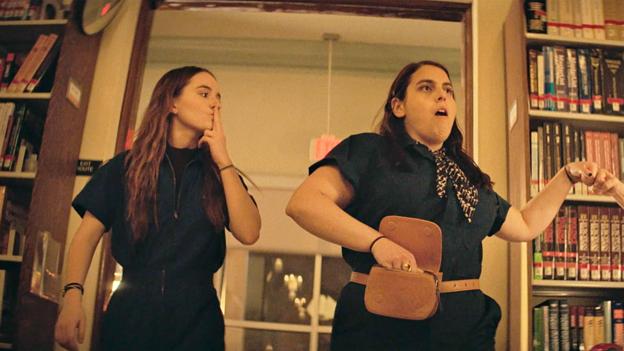
12 years after Greg Mottola’s Superbad, actress turned director Olivia Wilde directs her debut feature film Booksmart, which tells her own tale of two teenagers in their final weeks of high school. Realising that they spent a bit too much time studying, despite the fact that all of their peers also got into their preferred colleges, best friends Amy and Molly decide to cram the four years of youthful antics that they missed into one uproarious night.
Booksmart is a smart and witty coming-of-age comedy, and arguably completes an unofficial trilogy with 2017’s Lady Bird and 2018’s Eighth Grade. A wonderful debut feature from a director brimming with potential and fresh ideas.
4. Wild Rose (United Kingdom, Top Harper)
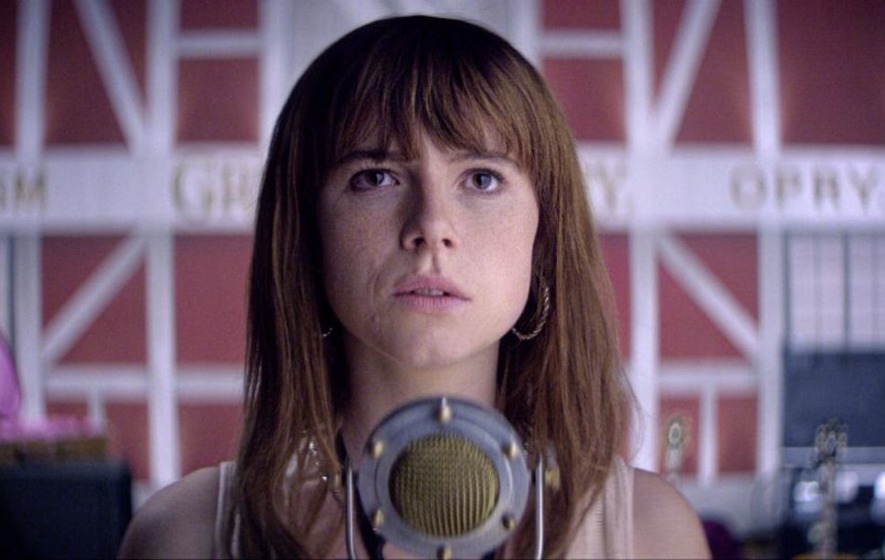
Who would have assumed that the director of The Woman in Black: Angel of Death would proceed to make one of the best films of the year so far? In Wild Rose, rising star Jessie Buckley gives an incredible performance as Rose-Lynn Harlan, a Scottish woman fresh out of prison attempts to make it as a country music star while struggling to keep some form of balance with her job and two children.
Premiering at the Toronto International Film Festival, critics instantly recognised the brilliance of Buckley’s performance as well as the screenplay written by Nicole Taylor. Not only an ode to country music, but a graceful film about striving for greatness and the struggles to hold onto familial ties.
3. Rafiki (Kenya, Wanuri Kahiu)
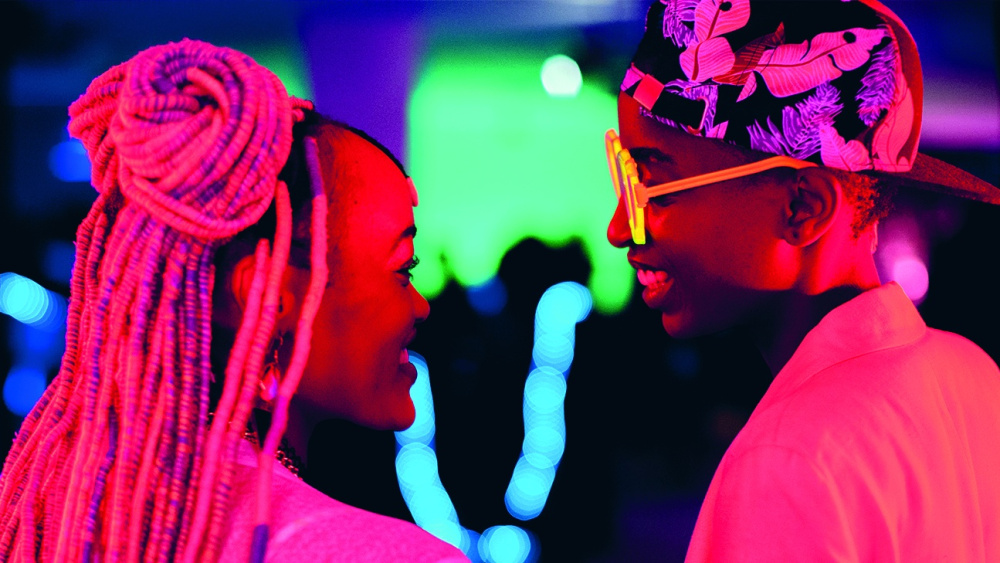
The first Kenyan film to be screened at the Cannes film festival, Wanuri Kahiu’s Rafiki (‘friend’ in Swahili) is a powerful and riveting drama about two women’s love against the harsh backdrop of dogmatic pressures around LGBT rights and acceptance in Kenya.
Marching gallantly through a canvas of vibrant neon colours one might associate with a neo-noir picture, Kena and Ziki face prejudice and harsh realities of their environment, and it’s Kahiu’s brilliant story-telling that emphasises the injustice of the situation in stimulating fashion. Modern and stylish, Rafiki is a necessary story to tell in the 21st century, a realistic but hopeful and chic tale of love and oppression.
2. The Last Black Man in San Francisco (United States, Joe Talbot)
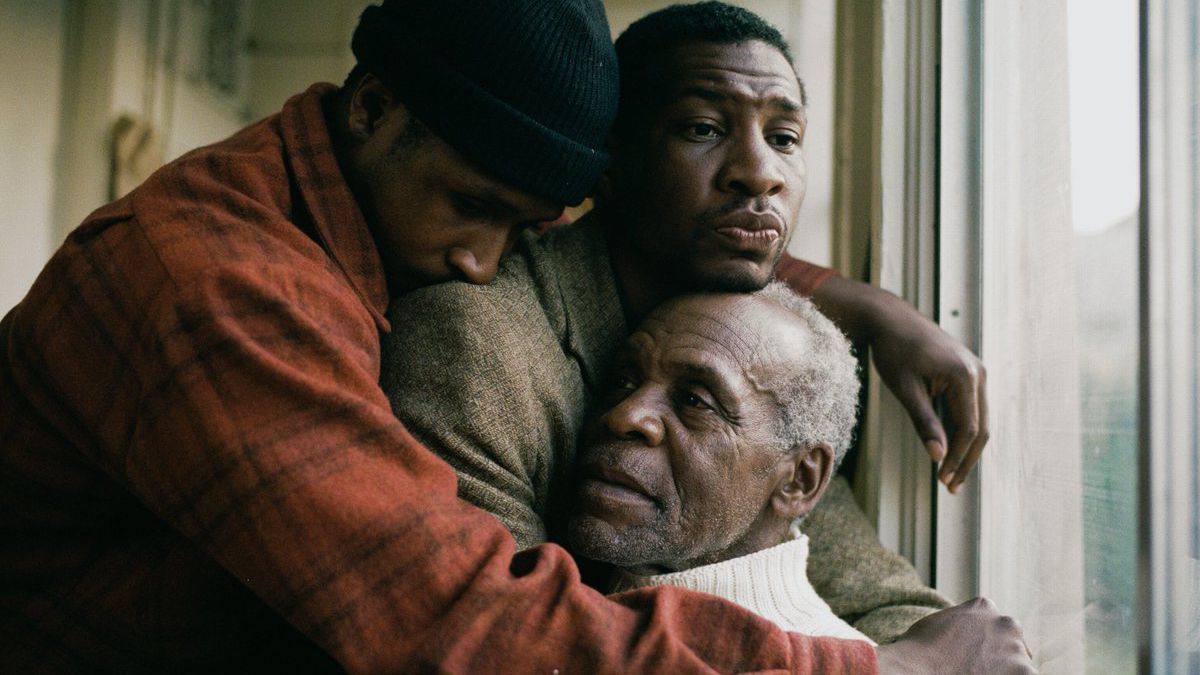
A24 just can’t seem to make a bad movie. Joe Talbot’s directional debut, The Last Black Man in San Francisco is a raw and powerful film about an African-American man who seeks to reclaim his childhood house, built by his grandfather in an area in San Francisco that has undergone major gentrification.
It is the semi-autobiographical nature of the story that makes Jimmie Fails’ performance so accomplished and impressive, emphasised by Talbot and Richert’s screenplay which weaves together themes of identity, nostalgia and hope. With compelling supporting performances from Danny Glover and Jonathan Majors, The Last Black Man in San Francisco should not be missed.
1. The Farewell (United States, Lulu Wang)
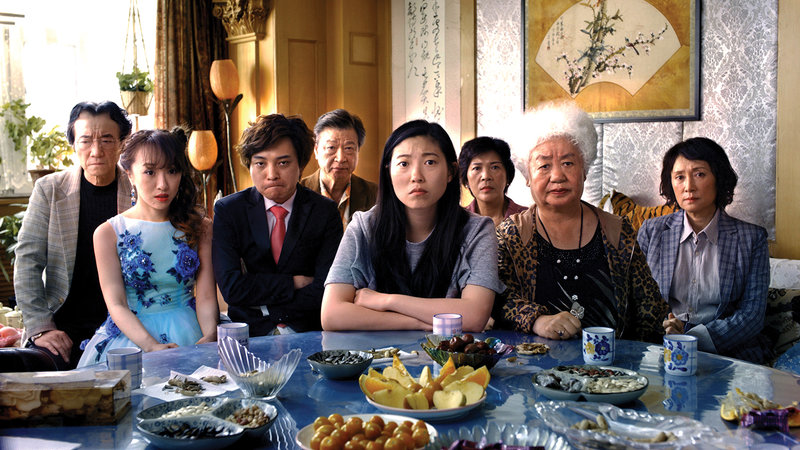
Lulu Wang’s bittersweet Chinese-American family drama about a dying grandmother premiered at the 2019 Sundance Film Festival to universal acclaim. Another semi-autobiographical A24 picture, The Farewell follows a family who discover that their grandmother is dying, and decide not to tell her, instead planning a wedding for her to attend before she passes.
Wang explains the inspiration for the screenplay, stating that she “…always felt the divide in my relationship to my family versus my relationship to my classmates and to my colleagues and to the world that I inhabit. That’s just the nature of being an immigrant and straddling two cultures.” The Farewell won the Audience Award at the 2019 Sundance London film festival, and it is clear to see why. A beautiful story on family and unity. Stay until the end.